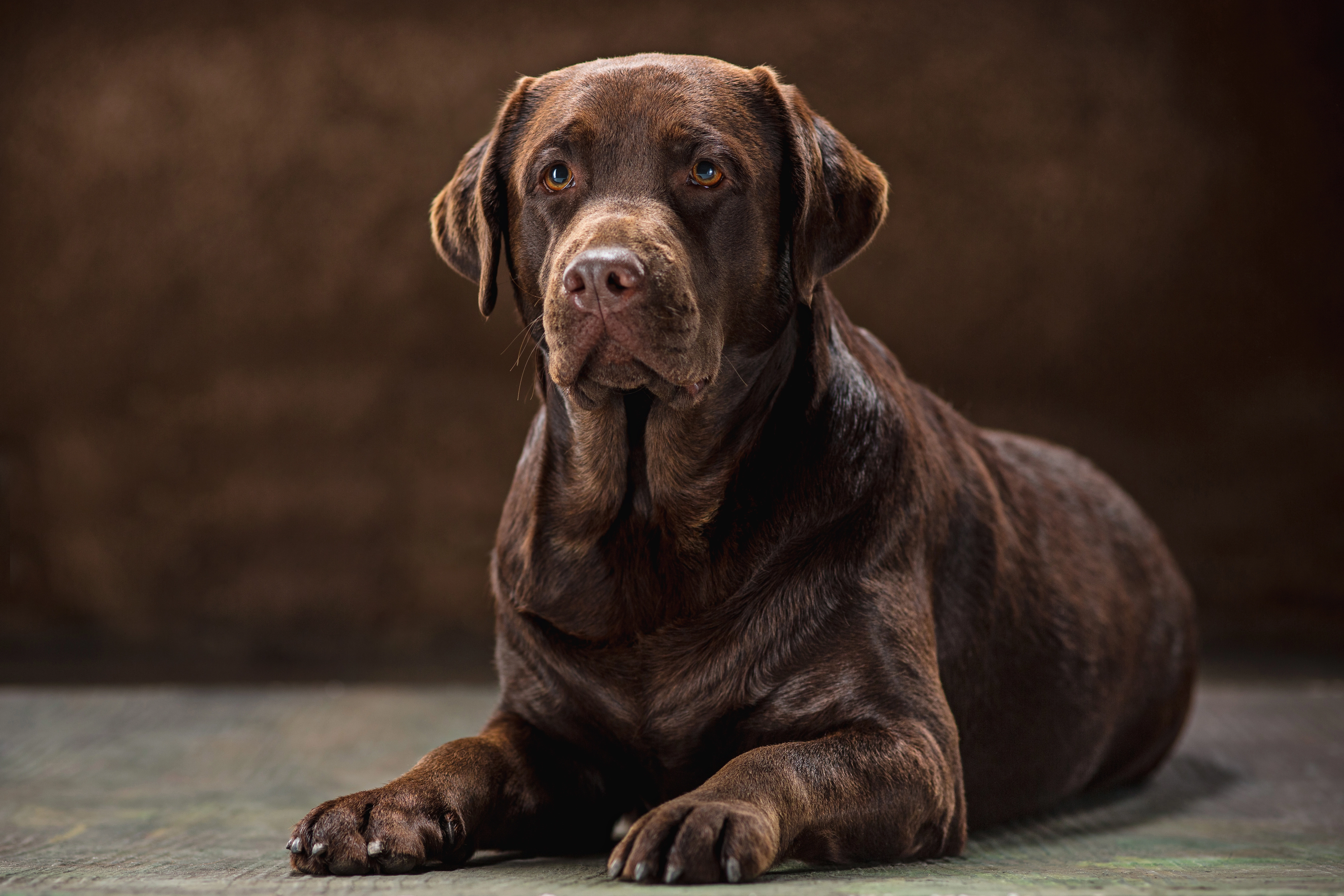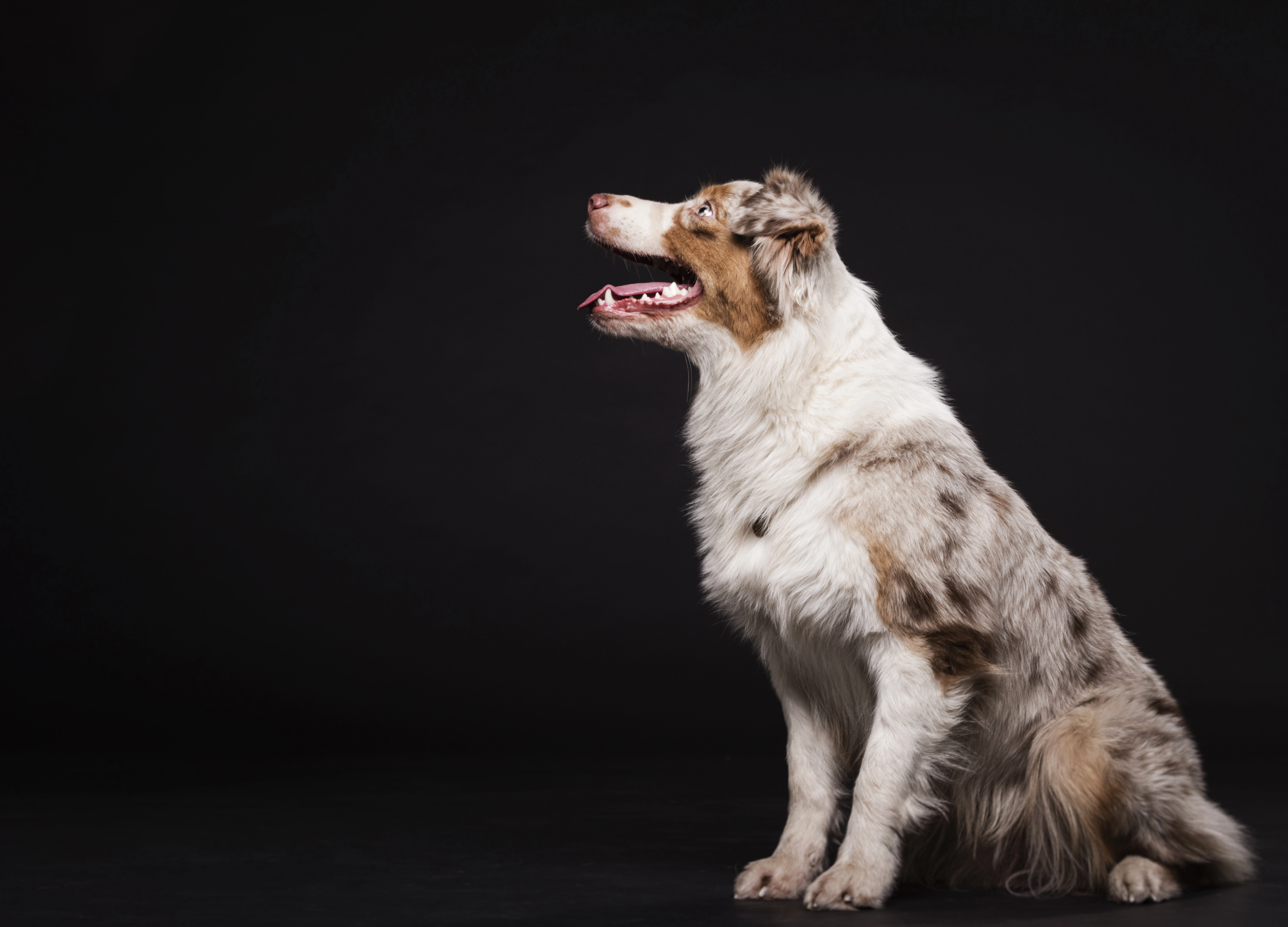1. Puppy (birth until 6-7 months of age)

During the puppy stage, your dog will go through more physical and mental changes than at any other point in his life. With so much happening so quickly, it is important to focus on the following to ensure you have a well-balanced, friendly and confident adult dog.
- Socialization: Expose your pup to anything he may see or do as an adult. Gradual exposure to as many different types of people, environments and animals as possible is necessary as well as keeping your pup in the house and around family. Make sure every experience is a pleasant one as adverse events could have lifelong effects on anxiety, fear and socialization.
- Training: Start training the day your pup comes home and do not allow your puppy to do anything you do not want them to do as adults. Recognize puppies are learning about their environment and make sure to puppy-proof your home.
- Nutrition: Puppies have special nutritional needs to enable them to grow to become healthy adults. Feeding high-quality nutrient-rich puppy food is recommended.
- Handling: It is important to get your pup comfortable with being touched in order to avoid issues later in life at the groomer or vet office.
2. Junior(reproductively mature but still growing, typically until 1-2 years of age)
When a dog enters adolescence, or the Junior Stage, training and consistency are key in getting them through what can be a challenging time. Many dogs in the Junior stage encounter the following:
- Lack of attention span: The world has suddenly opened up and there is so much going on, they may not respond as quickly to commands, or may disregard them all together. Keeping a consistent routine and lots of patience will help get through this time of testing boundaries and rules.
- Fear: Many dogs will become shy or frightened by new situations or things they have encountered before and never had an issue with. Not forcing your dog into situations that scare them is as important as not coddling them and reinforcing the behavior.
- Wandering: Dogs in the Junior stage that are not spayed or neutered have a tendency to escape or wander, searching for a mate. Ideally, a dog is spayed or neutered as a puppy but ensuring your dog is spayed/neutered by the Junior stage will help prevent your pet from running away from home.

3. Adult (finished growing physically, socially mature)

Adult dogs have established their basic temperament and personality and don’t need as much time and supervision as a younger dog or puppy. Important considerations for an adult dog include the following:
- Behavior and Activities: Your dog will not be quite as active as when he was a puppy but still needs enrichment in the form of regular exercise, mental stimulation and socialization. Dogs in the adult stage often enjoy advanced obedience or agility classes.
- Medical needs: Adult dogs benefit from yearly veterinary visits and special attention to proper weight and dental hygiene is needed to prevent problems as they age.
4 .Mature(from the middle to three-quarters of a dogs’ life span, which is based on breed/size)
Mature dogs tend to be less active than an adult dog and may need special considerations based on physical issues. Yearly veterinary exams will help in the early identification of any arthritis, weight or dental issues that are more common in Mature dogs.
.webp)
5 Senior (the last quarter of a dogs’ expected life span)

In their golden years, dogs often sleep more, eat less, and are not as active. Special considerations may be needed for the following:
- Medical needs: Lab work is typically done at the yearly veterinary visit and will assist in identifying any underlying issues and maintain a baseline for your pet’s health. Many medical issues can be treated or even cured.
- Dietary: Senior dogs need fewer calories and less fat. It is important to discuss dietary changes with your veterinarian.
- Activity: Senior pets may need assistance getting around, specifically into cars and going up stairs. Their senses also are not as sharp so challenges with sight and hearing are not uncommon.
6. Geriatric(at life expectancy and beyond)
Geriatric dogs inevitably encounter medical issues so bi-yearly veterinary examinations are recommended at this stage as their physical health can change quickly. Keeping the pet as comfortable and healthy as possible is of upmost importance. While the Geriatric stage can last years, you need to be prepared to make difficult decisions about when it is time to say goodbye. Making sure you give your pet the best care also includes recognizing when your pet is suffering and to put his needs above your own to end that suffering.

